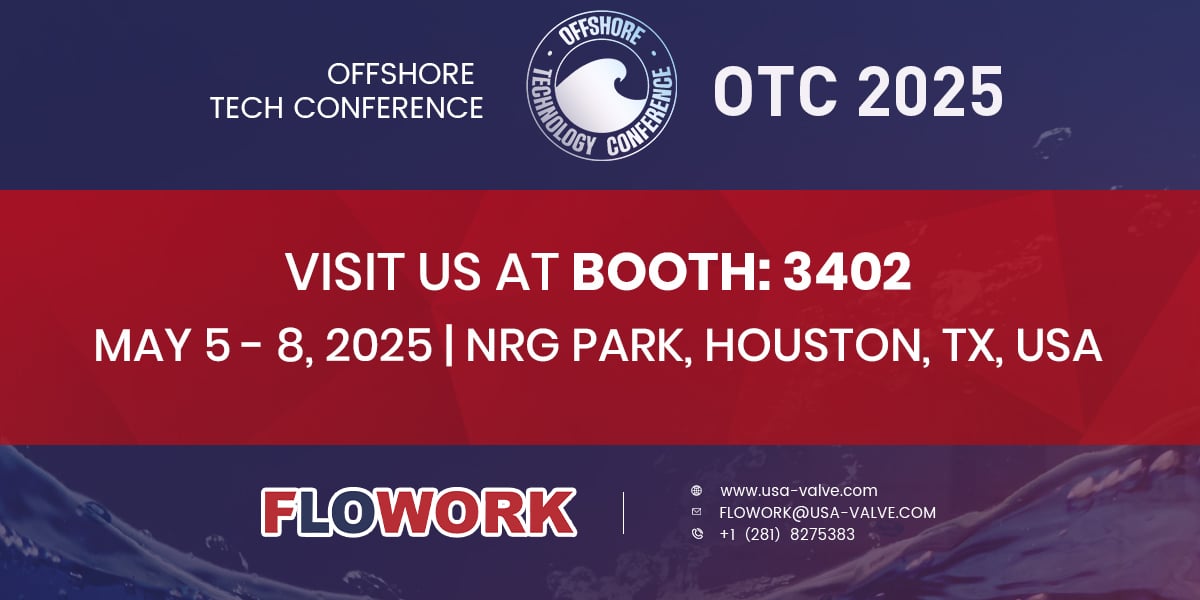What is the impact of corrosion on gate valves?
The impact of corrosion on channel gate valves: in-depth analysis and countermeasures. Corrosion is a major problem faced during the use of channel gate valves. It not only affects the performance and life of the valve, but may also cause safety hazards to the entire fluid system. Now let me talk about the impact of corrosion on channel gate valves, and conduct a comprehensive analysis from material selection, environmental factors to maintenance measures.
1. Corrosion of channel gate valves
Channel gate valves, as key components in fluid systems, often face challenges from various corrosive media. Corrosion will not only lead to a decrease in valve performance, but may also cause safety issues such as leakage and failure. It is therefore crucial to have a deep understanding of the impact of corrosion on channel gate valves and how to address this challenge, gate valve factory.
2. Types of corrosion and their impact on channel gate valves
Chemical corrosion
Chemical corrosion is caused by the reaction of chemicals in the medium with the valve material. This kind of corrosion usually causes rust and discoloration on the surface of the valve. In severe cases, it may cause the material to become thinner and reduce its strength.
Electrochemical corrosion
Galvanic corrosion is caused by electrochemical reactions in the electrolyte. When the valve material comes into contact with electrolytes in the environment, a galvanic reaction occurs, resulting in a gradual loss of material. This kind of corrosion is common in humid environments and media containing electrolytes.
abrasion
Abrasion is caused by the erosion and impact of solid particles in the fluid on the valve surface. This kind of corrosion will cause grooves, pits and other phenomena on the surface of the valve. In severe cases, it may lead to leakage and reduced performance, low temperature ball valves.
3. Factors affecting corrosion
material selection
Different materials have different resistance to corrosion. For example, stainless steel has better corrosion resistance, while cast iron is more susceptible to corrosion. Therefore, the selection of valve materials needs to be evaluated based on the medium type and usage environment.
envirnmental factor
Environmental factors such as temperature, humidity, oxygen content, etc. will affect the rate and extent of corrosion. For example, a high-temperature and high-humidity environment will accelerate the process of electrochemical corrosion, while an environment with high oxygen content will promote the occurrence of oxidation reactions.
Fluid medium properties
The composition, concentration, flow rate, etc. of the fluid medium will all affect the corrosion process. For example, media containing corrosive chemicals will accelerate the occurrence of chemical corrosion, while media with high flow rates will enhance the abrasive effect, high temperature gate valves.

4. Strategies and suggestions for dealing with corrosion
Choose the right material
When selecting valve materials, factors such as media type, usage environment and cost need to be comprehensively considered. Materials with good corrosion resistance such as stainless steel and alloy steel can delay the occurrence of corrosion to a certain extent. In addition, coatings and plating technologies can also provide additional protection for valves, ball valve factory.
Optimize design and manufacturing processes
By optimizing the valve design and manufacturing process, the risk of corrosion can be reduced. For example, adopting a streamlined design can reduce fluid erosion on the valve surface; improving manufacturing accuracy and surface quality can reduce the tendency of electrochemical corrosion.
Strengthen maintenance and testing
Regular valve inspection and maintenance is key to preventing corrosion. Early signs of corrosion can be discovered through regular inspections and corresponding measures can be taken to repair them; regular cleaning and coating protection can keep the valves in good condition; and non-destructive testing technology can be used to evaluate the integrity and safety of the valves.

All Of Our Videos By The Link Address: https://www.youtube.com/@floworkinc.5796/playlists

Improve usage environment and management measures
Improving the use environment and management measures can also reduce the risk of corrosion. For example, controlling the content of corrosive substances in the medium, reducing ambient temperature and humidity, optimizing fluid flow conditions, etc. can slow down the corrosion process; establishing a complete maintenance management system and training plan can improve the anti-corrosion awareness and skill level of operators.









